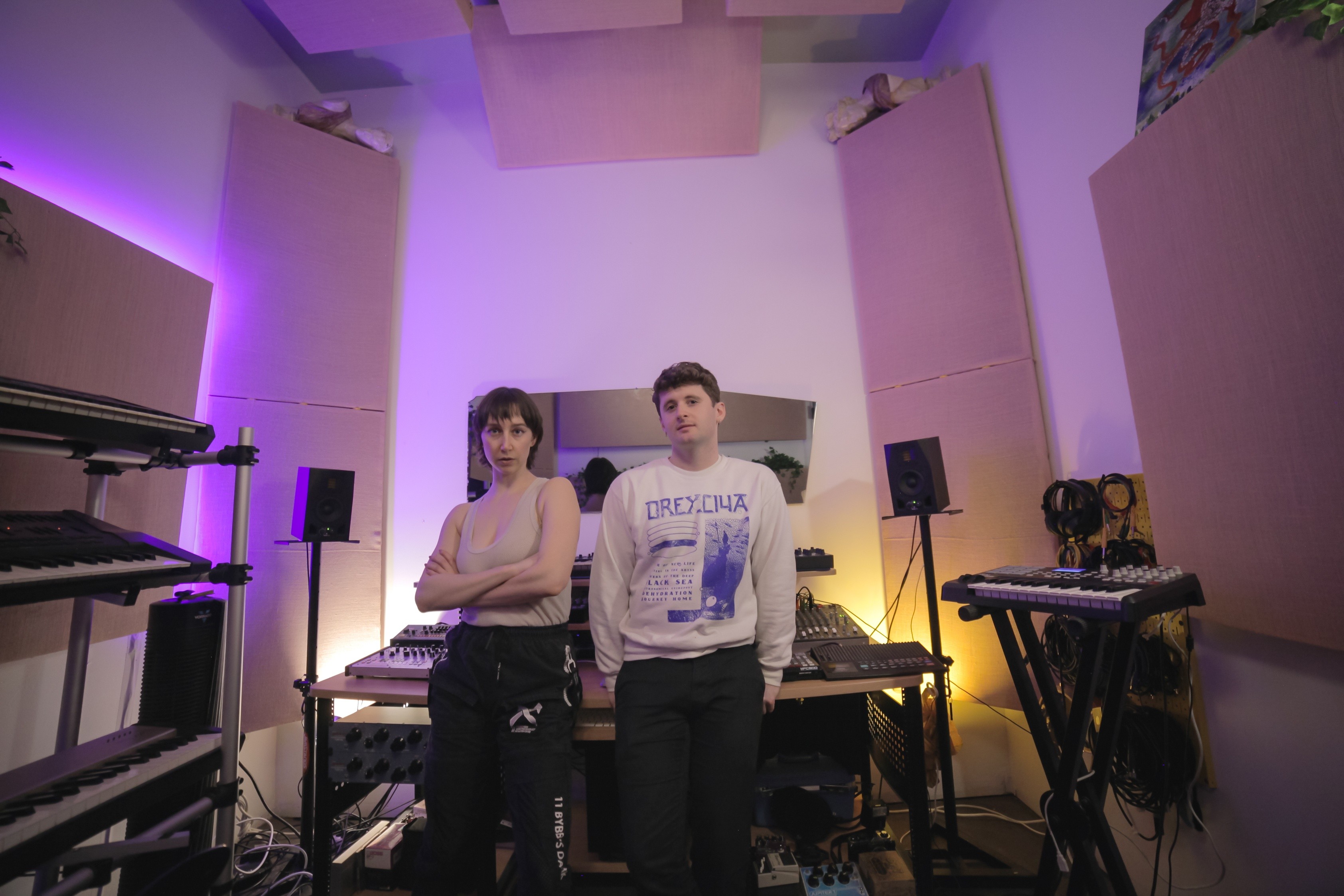Learning In Isolation
Learning something new can be a challenge. As children and young adults, we are educated in a system where curiosity is rewarded; our lives are measured by the lengths to which we learn. As we get older, our careers, families and personal wellbeing typically take the lead as we refocus our goals. Regardless of age, our brains thrive on engaging with new information, and all music makers benefit from learning. From digging for new music to mastering a new piece of gear, the process of gaining experience thorough learning is at the core of music making. We often find ourselves in isolation in the pursuit of learning, and knowing how to make the most of your alone time is a lifelong skill that needs practice.
Always Something To Learn
I remember my Father’s words whenever I have both free time and energy to indulge my curiosities. “There are always so many things to do or learn, you should never be bored,” he would say if I ever expressed my boredom. Recently, I’ve begun learning Pro Tools; after years working only in Logic and with hardware instruments, I wanted to challenge myself anew, to deepen my knowledge of production and mixing. Setting out to learn how to use new software to record, edit, and mix is a (somewhat) finite and approachable task, yet the mundane work along the way of learning shortcuts and menu-diving leads to immensely applicable lessons in the art of producing and recording.

Maxime, right, and his studio mate Juliet, who have a budding collaboration project called Her Young
Apply Yourself To The Learning Process
Knowing where to start your learning journey can be confusing. Maybe you have an upcoming project that requires you to know more about arranging vocal harmonies, for example, or you recently decided to grow your home-studio setup from a two-channel interface to something more complex. Maybe it’s time you take a break from music and learn something completely unrelated. If you want to build your core skill or if you want to go extra-curricular it’s up to you. As is the case with most jobs in the music industry, from composing to being a live-sound technician, learning adjacent to what you do can inform your field of expertise while simultaneously growing your value in your field. By jumping in and noting the questions you ask yourself as you go, you’re able to build your own curriculum. Whatever you choose as your area of study, following these steps can help to structure your learning.
1. Work backwards
Once you’ve chosen what you want to do, try working backwards from your end goal to break up the process and identify the steps needed to get you there.
2. Make a schedule
The time of day you set aside to practice your new skill is highly personal and critical to know. Take time to consider your own personal learning schedule. When is the best time for analytical work? When is the best time for creative work?
3. Pace yourself
When learning something new on your own, it’s not necessary to spend hours and hours a day. In fact, regular breaks and distractions are vital for creative insight and processing information. Take breaks, give your mind the chance to process, and begin the next session successfully by repeating the few points learned previously. Set yourself up for success to feel the rewards of learning.
4. Emulate your icons
Maybe there is someone whose work or methods inspire you. Whatever you can learn about them, use it! Learning from your masters by copying what they do forces you to study their work closely. In copying their methods or work always ask yourself ‘why?’ for each step; if you can answer why they are doing something, you will start to understand the guiding principles.
5. Research multiple methods
Don’t settle for one opinion or one method. Cross-reference as much as you can, and seek out first-hand accounts. Music is a fluid art form with few to no hard-and-fast rules. Through your research and close examination of those who inspire you, the learning process can be as much about the skill as it is about uncovering truths about yourself, your needs and your taste.
6. Record your progress
When it comes to learning new music-making skills, don’t hesitate to record along the way! I have made a few of my favorite tracks while practicing something I had just learned. That novel excitement from learning will bleed into your work, so be prepared to capture it. There is your reward!
Should learning on your own not be enough for the task, or is simply too isolating for you, find a friend or mentor. They will help keep you accountable to your goals, as well as offer insight along the way. Being open and receptive is crucial in the learning process and inviting others can help keep it interesting. Whatever it is you choose, the process of learning itself is worthwhile, and will teach you about your self and your relationship to your work and world. Forget the myths about being too old to learn, it’s only those who are too closed off. Stay receptive and open, eternally curious, and you will reap the rewards from taking time to learn.
About the author
Maxime Robillard makes music and plays records under the moniker Love Letters, and has released music on Copenhagen’s HELP Recordings and The Bunker NY, stalwarts in the New York techno scene. He’s also one half of ambient/experimental concept project Hypnotic Spa.
